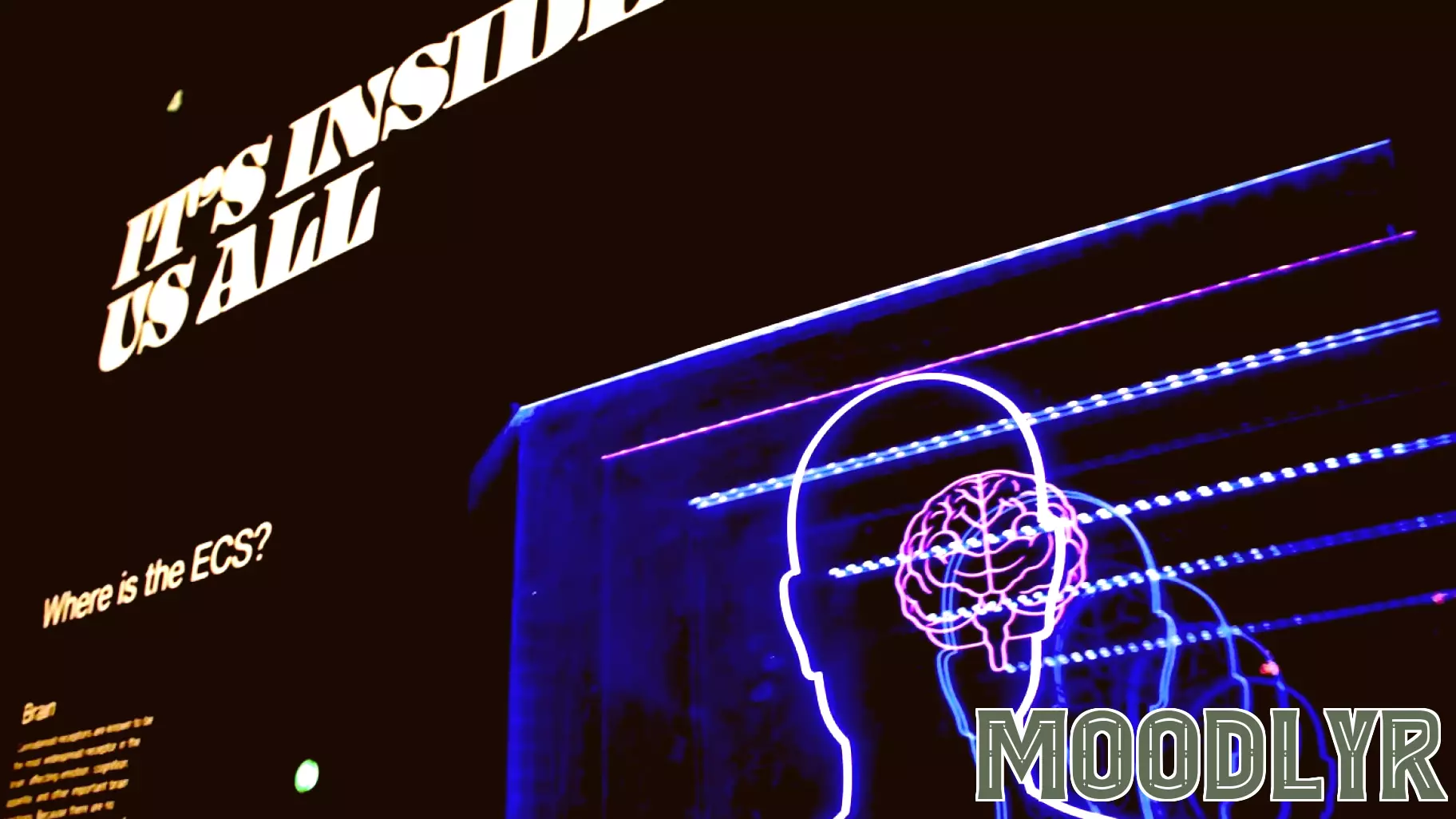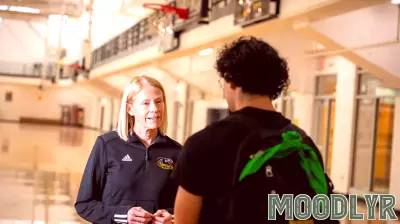The Future of Therapy: Are Chatbots Taking Over?
February 2, 2025 - 00:50

Recent studies indicate that patients may feel more at ease communicating with chatbots than with traditional human therapists. This shift raises important questions about the role of artificial intelligence in mental health care. The anonymity and non-judgmental nature of chatbots appear to create a safe space for individuals to express their feelings and concerns. Many users report that they can share personal experiences more freely with a machine, potentially leading to a more open dialogue about their mental health.
However, this trend prompts a deeper examination of the implications of replacing human interaction with AI. While chatbots can provide immediate responses and support, they lack the empathy and nuanced understanding that human therapists offer. The therapeutic relationship, built on trust and emotional connection, is a cornerstone of effective mental health treatment. As technology continues to evolve, it is crucial to consider whether AI can genuinely replace the human touch in therapy or if it should serve as a complementary resource.
MORE NEWS

February 21, 2026 - 02:30
Home Really Is Where the Heart IsThe age-old saying `home is where the heart is` is more than just a sentimental phrase; it is a neurological reality. New research suggests that the profound feeling of home is an idea we...

February 20, 2026 - 05:37
Racist Attitudes Linked To Future Psychological Distress – But Could Both Be Fueled By Something Else?A new research study is challenging the straightforward assumption that holding racist views directly causes future mental health problems. While confirming a link between prejudiced attitudes and...

February 19, 2026 - 04:05
UWM Professor Uses Sport Psychology Research to Solve Real-World ProblemsProfessor Barbara Meyer possesses a uniquely analytical lens that she applies to nearly every situation. Whether she`s guiding Olympic athletes, consulting with a university soccer team, or simply...

February 18, 2026 - 03:25
Why couldn't Ilia Malinin handle the pressure? Sports psychologists offer their thoughtsThe recent performances of top athletes have reignited a crucial conversation within the world of elite sports: the immense psychological burden of competition. While the spotlight often falls on a...